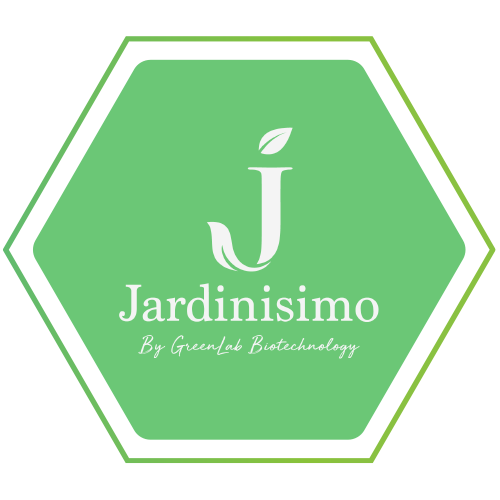Plant
Propagation
"The goal of In Vitro culture is to regenerate an entire plant from cells or vegetative tissues (explants) in a nutrient medium".


The Sampling
The choice of the explant to be taken is particularly important. For each species, are taken into account: the propagation technique envisaged, the date of sampling, the age of the mother’s foot, the nature, the size as well as the location of the exilant on the mother’s foot.


In Vitro Culture
The explants are then disinfected, worked under aseptic conditions, and placed on a sterile growth medium. This support includes foods: macro-elements (N, P, K, Ca, Mg, M, …), micro-elements (Bo, Fe, Cu, …), sugar, vitamins, growth regulators, (essentially auxins and cytokinins whose balance determines organogenesis) and an agar base that solidifies the culture medium. The composition of the medium and its pH are adapted to the species cultured. Each lot is identified to be traced: identity of the mother plant, date of cultivation, etc …


The multiplication


Acclimation
After the initiation of the rooting phase in the laboratory, the aim is to acclimatize young vitroplants to the external environment. However, moving from air-conditioned laboratories to greenhouses requires an intermediate step of a few weeks during which the plant develops its root system. This phase of acclimatization takes place in specific premises (greenhouse No. 1) allowing precise control of lighting conditions, temperature and especially humidity.
At this stage, seedlings are housed in honeycomb plate. The substrates used are disinfected with steam to eliminate any pathogenic risk. This sterilization creates a microbiological vacuum favorable to a good installation of biotization: the non-benevolent microorganisms are replaced by micro-organisms beneficial to the development of the plant.


Growth Phase


Important Note
To remember
Our ability to adapt to your requirements, your wishes and your constraints.
Our job is to understand your project and your problems, to answer them with an optimal technical solution and a satisfactory price, then to deliver the products and services that will satisfy the highest levels of requirement.
For us, every customer is unique! And, obviously, we guarantee the exclusivity of the material provided by our customers, as well as the total confidentiality of the information transmitted.
"With our partnership in R & D with the biotechnology laboratory of the University of Ghent, we have access to multiplication know-how for a large number of plant species, spread over the main families of use".
Our offer in plant propagation:
3 big families, a multitude of achievable products...
FOOD | Food Plants
Berries
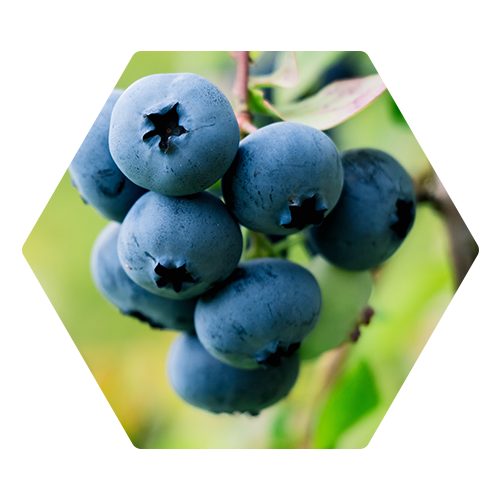

Blueberry


Raspberry


Blackberry
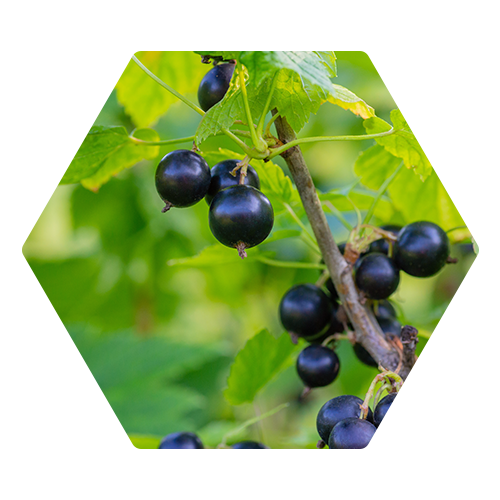

Black Currant
Dried Fruits
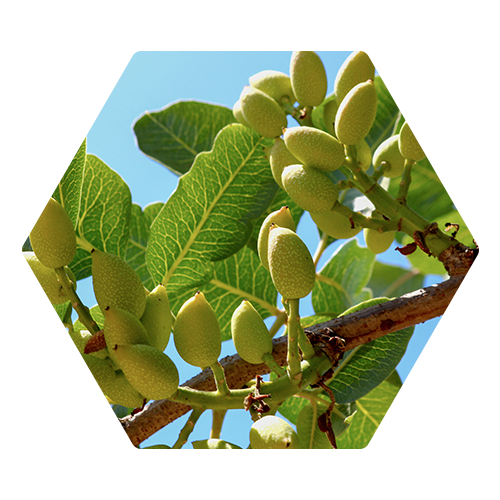

Pistachio
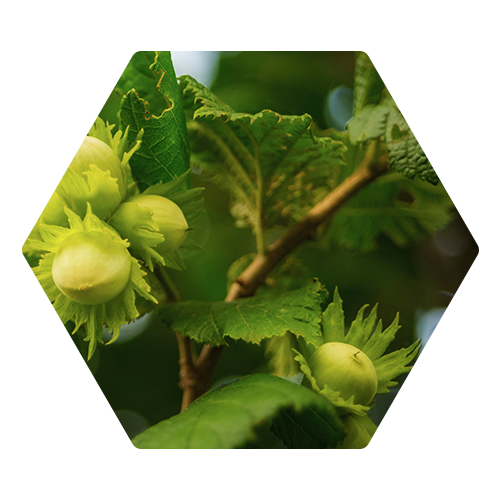

Hazelnut
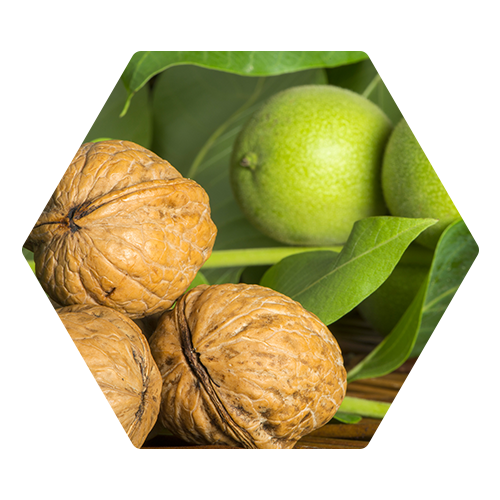

Nut
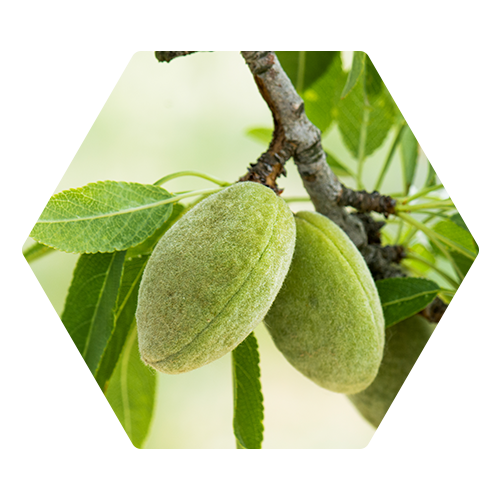

Almond
Local Products
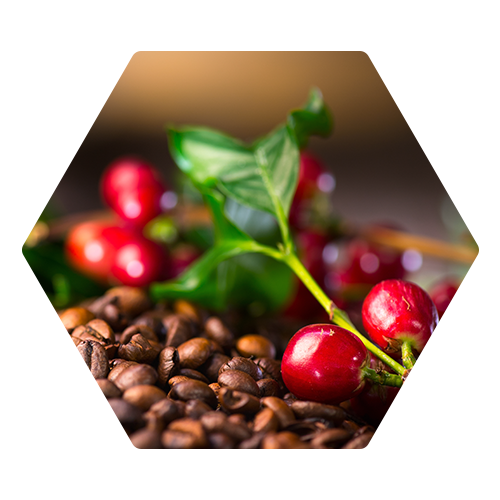

Coffee
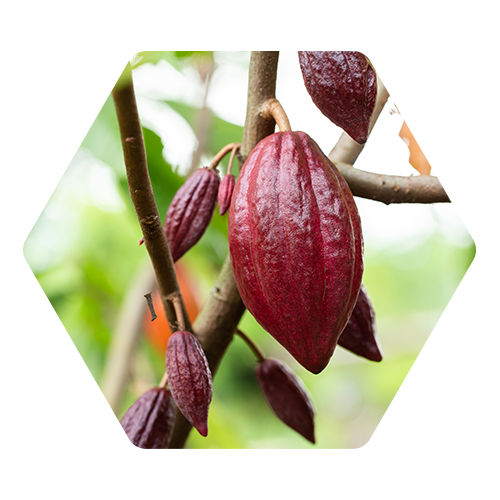

Cacao
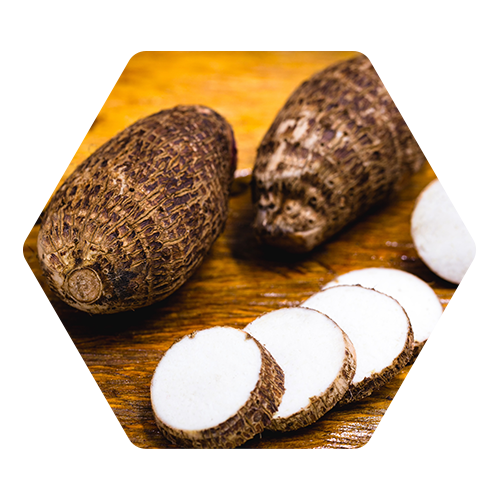

Manioc
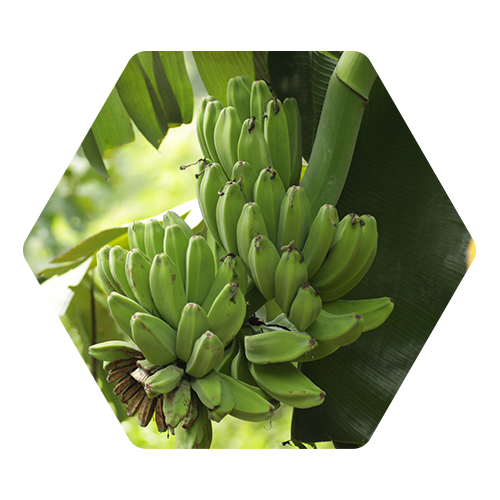

Banana
FORESTRY | Forestry Plants


Palisander


Guayacan


Local Mahogany


Cuban Mahogany


Paulownia


Teak
FUN | Fun Plants


Anthurium


Christ Crown
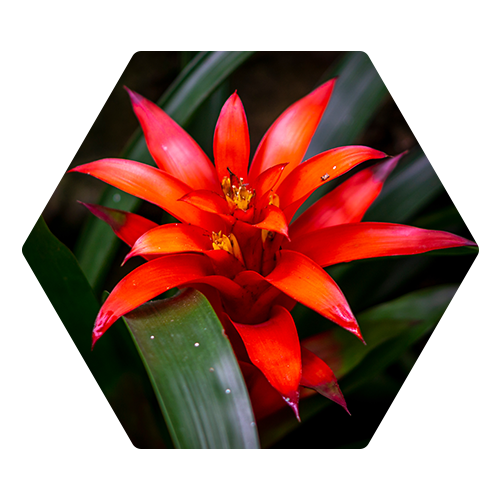

Bromeliad


Philodendron
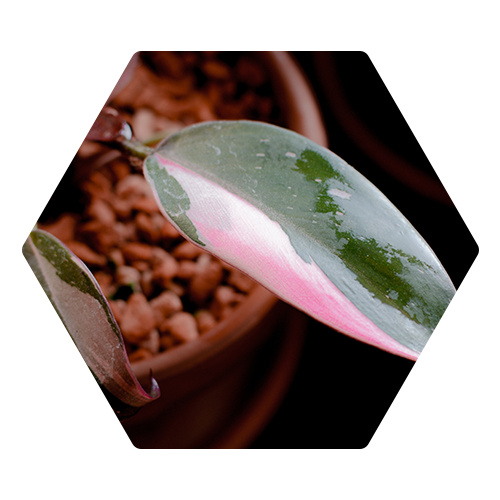

Pink Princess


Orchids


Spathiphyllum


Medinilla


Other
Services
GreenLab Biotechnology offers the most advanced biotechnological services, so you can develop the products your business needs.


Sanitation of
plant strains
"Sanitation of strains makes it possible to put healthy plants back into the production circuit, thus limiting chemical treatments".
GREENLAB BIOTECHNOLOGY cleanses lines and varieties by: Meristem culture and thermotherapya.
Meristem culture
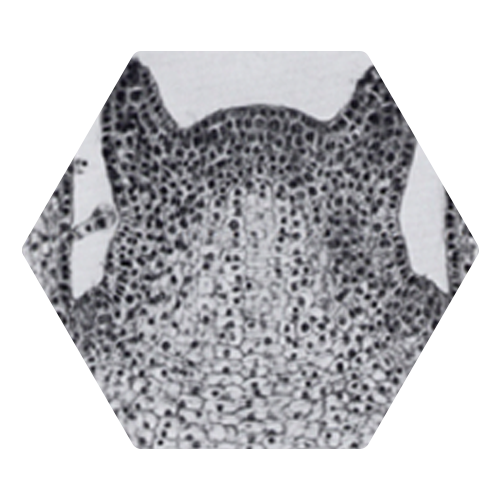

Primary meristem
seen under a microscope
Thermotherapy


Cryopreservation
"The cryopreservation of plant fragments at very low temperatures in liquid nitrogen preserves genetic resources without genetic drift and for a practically indefinite duration".
Cryopreservation is the freezing of plant tissues at very low temperatures by the use of liquid nitrogen.


Inoculation by
micro-organisms
"The microflora is an indicator of the quality of a soil, that is, the balance between the plants, the soil and its micro-organisms. When this balance is threatened by cultural practices, the land loses its function of providing food and becomes a simple support".
GreenLab Biotechnology offers three original uses of microorganisms to optimize the resources of your soils and the potential of your plants:
- Biotization
- The detection of pathogenic microorganisms
- Optimization of natural defense systems
Biotization (specialty of GreenLab Biotechnology)
"This biotization technique is proving very effective in boosting the growth, vigor and robustness of many varieties, particularly in the forestry".
Detection of pathogenic micro-organisms
Optimization of natural defense systems


Genetic
Analysis
"Each variety is characterized by its molecular profile.The genetic fingerprint helps identify high value-added plants, and track the evolution of a variety from the original strain".
We offer you a full range of state-of-the-art analytical services, access to which remains confidential today:
- Sanitary diagnosis of plants and soils
- Identification of bacteria and fungi
- Mycorrhizal control
- Identification of mycorrhizal fungi
- Varietal identification
Sanitary diagnosis of plants and soils
Identification of bacteria and fungi
Mycorrhizal control
Identification of mycorrhizal fungi
GreenLab Biotechnology can identify mycorrhizal (endomycorrhizogenic or ectomycorrhizogenic) fungi present in roots or soil through morphological analysis supplemented by molecular analysis.
These tests are particularly interesting in truffle plantations to check the survival of truffle mushrooms against competition by other truffle or non-truffle ectomycorrhizal fungi (example: Tuber rufum or Sclerodema).
Varietal identification
We can perform on your behalf a specific genetic imprint of a plant species or variety. This becomes necessary to ensure the identification and protection of high value-added plants in cases of counterfeiting or geographical identification (PGI).
You can ask us to validate the varietal purity of your plant strains.




